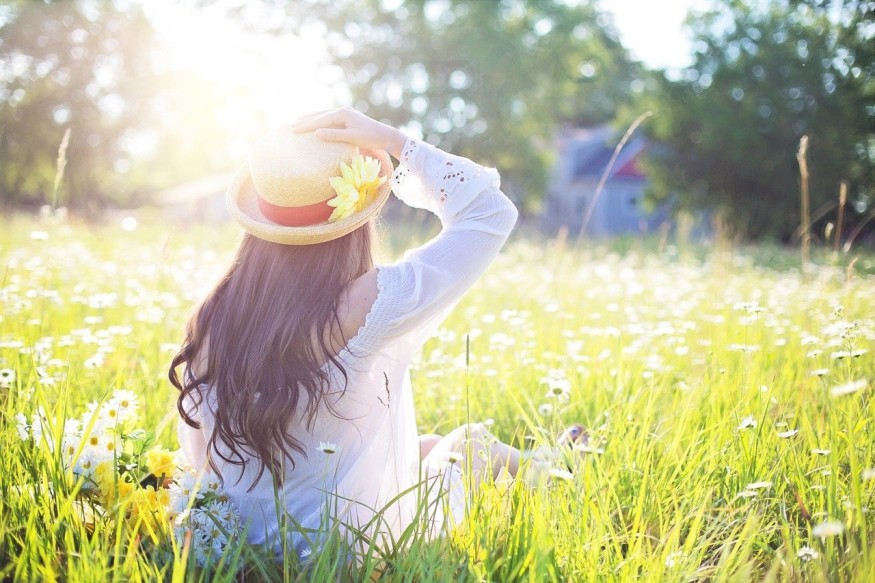Having a daily fix of sunshine could help enhance one's overall health, with a new study linking time spent outdoors with improved mood, better sleep, and lower depression risk for a lifetime.
A ScienceAlert report specified that psychologist and sleep researcher Sean Cain from Monash University in Melbourne, Australia said, getting bright light in the day is as essential as getting rid of light at night.
Cain, whose past experimental research has shown how artificial light is affecting sleep and circadian rhythms. In this new observational research, Cain, together with colleagues, looked at the impact outdoor light exposure had on moods and sleep in more than 400,000 people in United Kingdom Biobank, an extensive study of UK adults and collects information on all things from exercise and sleep habits to medical diagnoses, as well as health outcomes.
As part of the study, respondents had been asked about their mood, drugs, and time spent outside on a regular day in winter and summer, among other seasons.
Read also: Universal Coronavirus Vaccine: Research Ongoing for Possible Solution to the Next Pandemic

Natural Light Linked to Sleep Problems
On average, UK adults in the research reported having spent roughly 2.5 daylight hours outdoors, while early birds and morning people spent more time in general outside compared to night owls.
Previous studies have shown that spending time outdoors and naturally has a host of health benefits, part of which might be associated with natural light being an essential environmental time hint for the circadian rhythms of the body, as explained in Molecular Psychiatry.
Not getting sufficient natural light could be a key factor adding to low mood and sleep problems linked with depression as well, a common mood condition and one of the main causes of global disability.
In their research published in the Journal of Affective Disorders, the group explained humans evolved in an environment "with a clear distinction between day and night," although the modern environments have blurred such a distinction.
The researchers also said that people are spending most waking hours in artificial, intermediate lighting conditions because of lesser exposure to sunlight and comparatively bright night-time exposure to light.
Lower Lifetime Depression Risk
In this most recent study, Cain, together with his colleagues, set about describing how the number of daylight hours spent outside is linked to sleep, mood, and health outcomes, something that has been examined less than the negative effects of light at night.
Essentially, getting more light anytime from dusk until dawn was linked to better mood and enhanced sleep, as well as lower depression risk and less intake of antidepressant drugs, as shown in the analysis.
Every added hour of natural light was associated with lower lifetime chances of depression, less antidepressant intake, and more happiness.
More so, those who said they had better moods and sleep with more outdoor light had the tendency to do so again the second time they were examined on average after four years.
A Challenge for Shift Workers
Spending extended hours under the sun is a challenge for shift workers who work against usual circadian rhythms. Waking up early before work time might not be the standard for night owls and those with other chronotypes, either.
Some studies have suggested that disregarding the natural body clock is not good for one's mental health; another recent research that analyzes UK Biobank data showed that people who were misaligned from their natural body clock were more likely to report depression and experience lower wellbeing.
What's intriguing, though, is the parallel between the research findings on the risk of depression, the use of antidepressants, and the growing body of evidence that light therapy is an effective yet underutilized treatment for depression, especially when combined with medication.
Related information about sunlight and mental health is shown on OnOurSleeves' YouTube video below:
Check out more news and information on Medicine & Health on Science Times.
© 2026 ScienceTimes.com All rights reserved. Do not reproduce without permission. The window to the world of Science Times.











